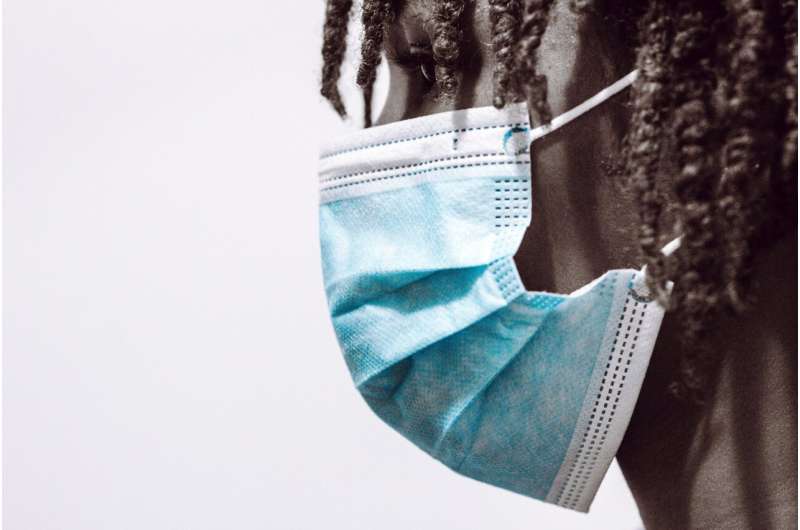How to prevent flu, RSV and COVID-19 during busy holiday season

According to the Centers for Disease Control and Prevention, flu infection rates across the U.S. continue to be very high.
"As we predicted, this flu season has hit early, and it's hit us hard," says Dr. Nipunie Rajapakse, a pediatric infectious diseases physician with the Mayo Clinic Children's Center. "We are seeing high and very high rates of influenza across the country."
For those who have yet to get a flu shot, now is an excellent time to roll up your sleeve.
"We really recommend everyone get their flu vaccine this season. Anyone over 6 months of age is eligible. And from the data we're seeing, the flu vaccine this year is a good match for the circulating strains that we have seen early in this flu season," explains Dr. Rajapakse.
"And it's not too late. It's important to remember that it takes about two weeks after you get your flu vaccine to have full protection from it," she says.
Influenza is not the only virus that is a concern this holiday season.
"The challenging thing this respiratory virus season has been the circulation of these three respiratory viruses at the same time: RSV, influenza and COVID-19," says Dr. Rajapakse.
"We have seen, especially amongst children, increasing rates of hospitalizations," she says.
"And many hospitals and health care systems are being stretched because of the large volume of children who are seeking care at clinics, emergency departments, and who require hospitalization for management of these infections."
Dr. Rajapakse says finding ways to keep children and adults out of the hospital is a priority. She offers tips on preventing infections now and throughout the weeks ahead.
Here are the best tips to prevent flu, RSV and COVID-19 infections:
Get vaccinated for flu and COVID-19.
"No. 1, get your flu vaccine, get your COVID vaccines; many people are also eligible for the bivalent boosters. If you're unsure, reach out to your health care provider and see if you're eligible for that."
Wear a mask in indoor spaces while traveling.
"Wear a mask. Many people put their masks away after vaccines came out, and now's the time to dust them off and start wearing them again. That mask protects against COVID-19 but also these other respiratory viruses that we're seeing circulate. And for people who are at higher risk or who may be around people who are high risk, it's especially important to go back to wearing masks in any indoor space where you're around other people. This is also true for traveling—if you're in airports, on airplanes, taking a train or bus."
Test for COVID-19 before a social gathering.
"If you're planning to attend holiday gatherings, testing for COVID-19 before you attend is another good thing you can do to help reduce the risk for anyone at the gathering. If you're feeling sick, don't attend any gatherings. Because even if your COVID-19 test is negative, you could have one of these other viruses, so you're still at risk for making other people sick."
Practice good hand hygiene
And lastly, Dr. Rajapakse says good hand hygiene is an essential part of the strategy in combination with all the other known methods to reduce and prevent transmission of infections.



















